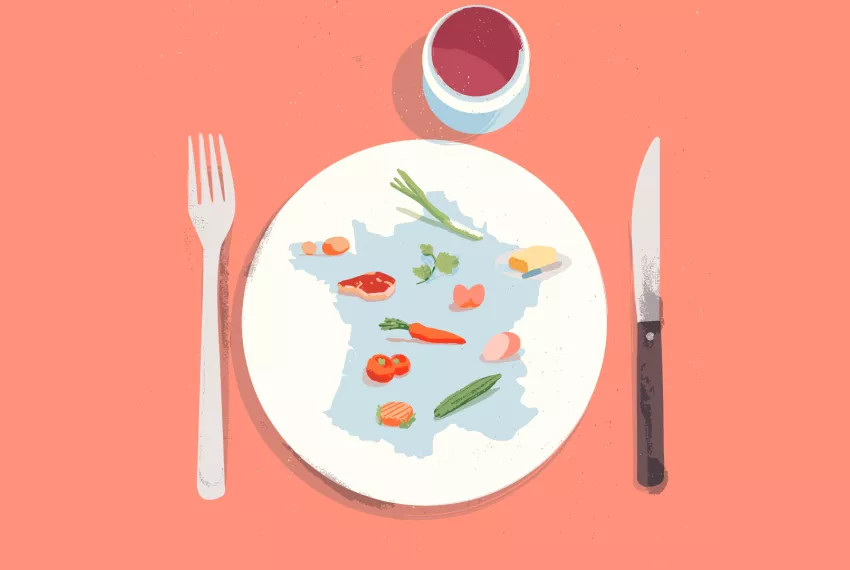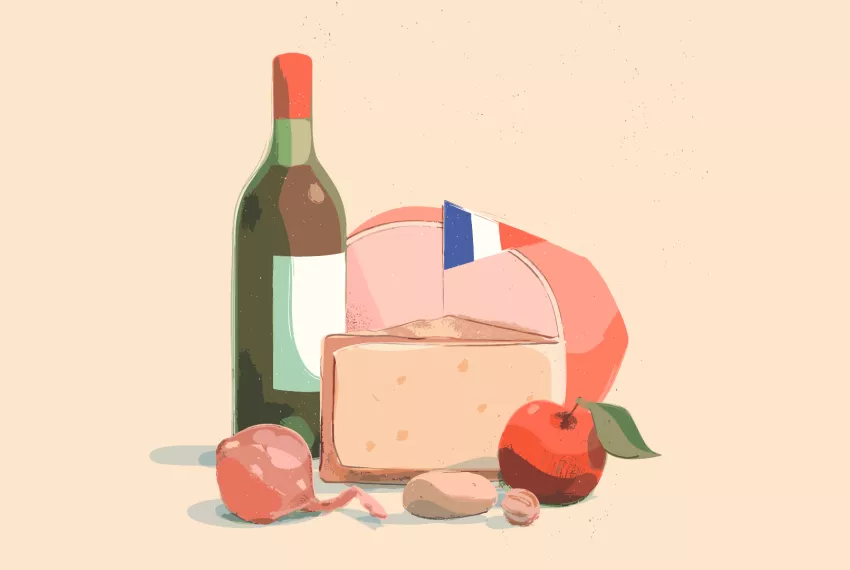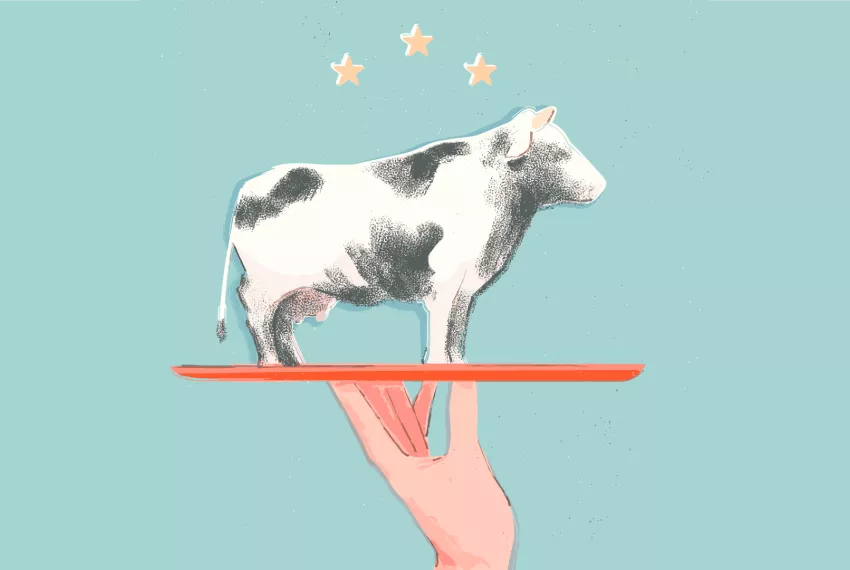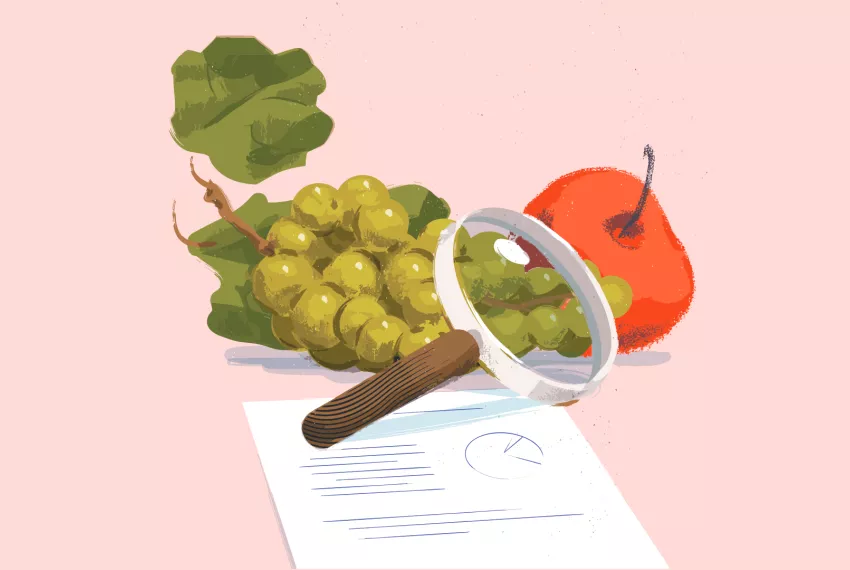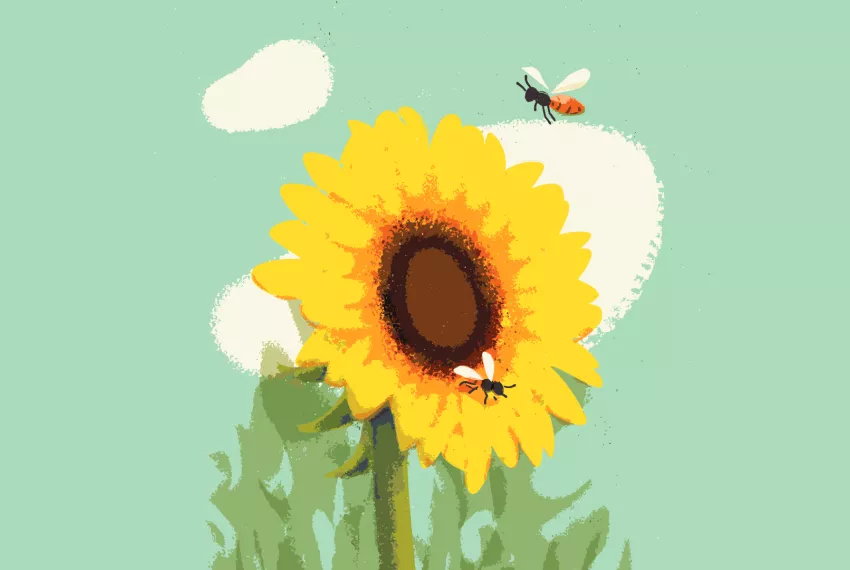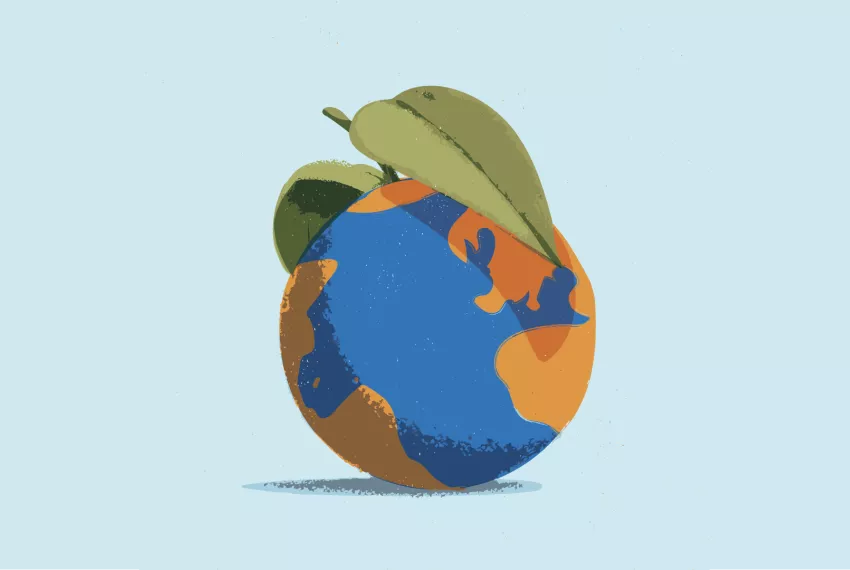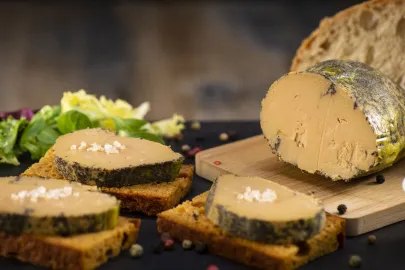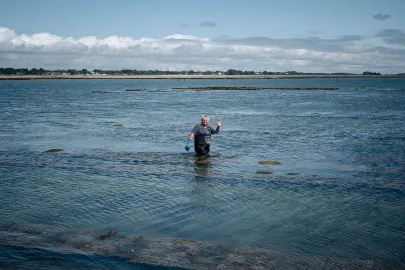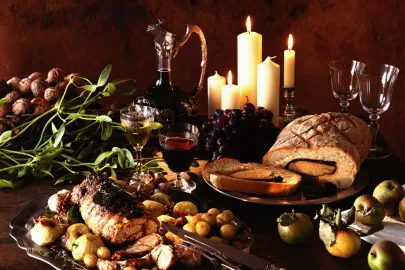About French Products
Learn more the values behind French products and find out about the quality labels we use.
At Taste France Magazine, our commitment lies in promoting the rich diversity, authenticity, and exceptional taste that French foods offer, with a keen emphasis on quality, safety and sustainability.
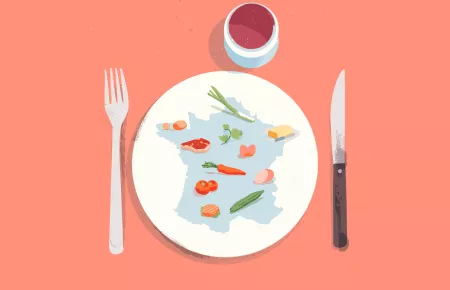
The gastronomic meal of the French
Inscribed on the UNESCO list of intangible cultural heritage of humanity in 2010, the gastronomic meal of the French is a customary social practice.
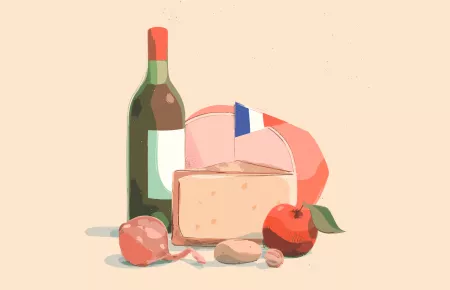
Diversity
The diversity of France’s terroirs, shaped by centuries-old traditions, has led to unique eating habits. Over the years, the country’s diverse soils and weather conditions have enabled it to develop an extraordinary variety of products.
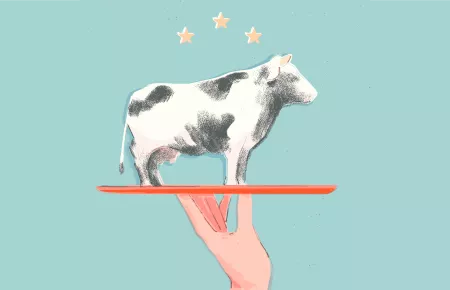
Quality
Thanks to stringent farming standards and a cutting-edge agri-food industry, the quality and safety of French agri-food products are recognized all over the world.
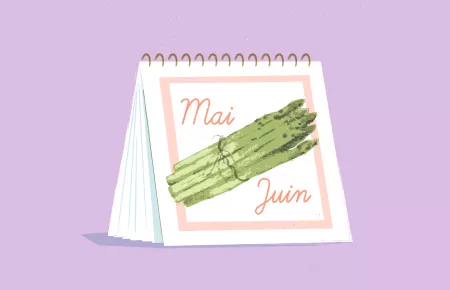
Product Seasonality
The availability of French products is governed by the seasons, and they are all the more flavorsome for having benefited from the temperatures and rainfall they need to thrive.

Terroirs and Authenticity
The diversity of France's terroirs, shaped by centuries-old traditions, has led to unique eating habits.

Training and "Savoir-faire"
With an agricultural heritage that stretches back a thousand years, France’s culture and image have been defined by traditions and know-how covering every aspect of food from production to cookery.
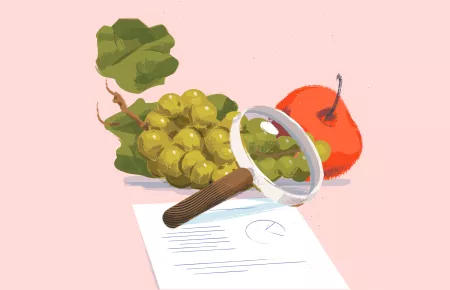
Food safety
The food safety system in France and Europe is one of the most rigorous in the world. Production, processing, storage, transport, distribution, importation, exportation… “From field to fork”, everyone is accountable for the safety of the products they use and put on the market.

Responsible Agriculture and Livestock Farming
French agriculture is committed to the transition to agroecology. Agroecology is an integrated approach to agriculture based on biological interactions, the use of ecosystemic services and the closing of biogeochemical cycles.
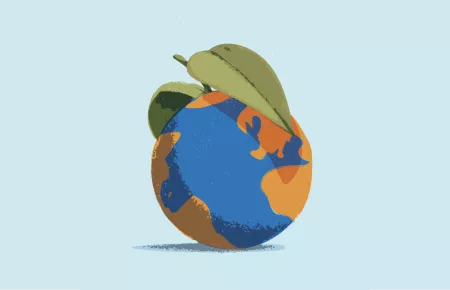
Sustainable food and gastronomy
Food sustainability is a global collective challenge and the French agri-food industries are investing in ways to tackle it, for example environmentally friendly practices and the fight against food waste from the production stage onwards.
Labels

Protected designation of origin (PDO)
For a product to be granted the Protected Designation of Origin label, every stage of its production, processing and preparation must take place in the same particular region.
Examples

Protected geographical indication (PGI)
This label is granted to products for which at least one stage of production, processing or preparation takes place in a particular region.
Examples

Organic farming
The organic farming label guarantees that products have been produced and processed according to specific environmental and animal welfare standards.

Label Rouge
The Label Rouge is a French quality label that applies to products that have been produced or prepared in a way that ensures a superior quality over other similar products.
Examples

